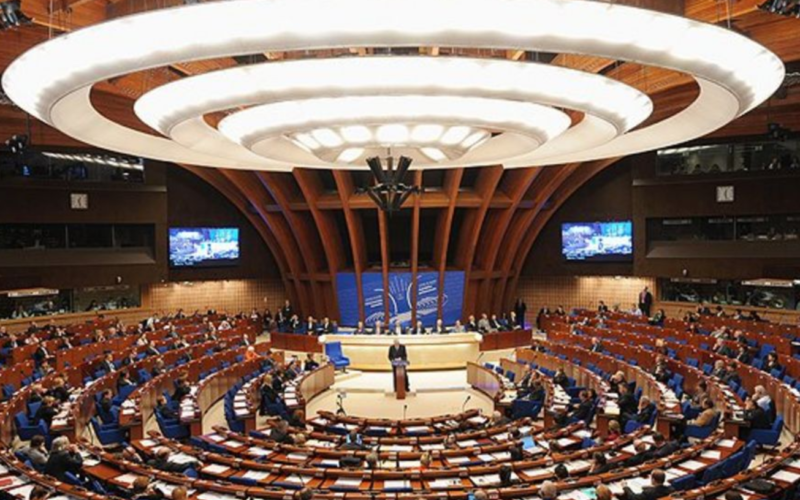In a stern advisory, the Council of Europe Commissioner for Human Rights has urged Hungary to reconsider its proposed “sovereignty protection bill,” citing concerns over the extensive investigative powers it grants with minimal democratic oversight. The Commissioner, Dunja Mijatovic, emphasized on Monday that the bill, recently presented by Prime Minister Viktor Orban’s Fidesz party, should be set aside due to fears that it could suppress dissent and compromise democratic principles.
The sovereignty protection bill, currently awaiting parliamentary debate before final approval, aims to establish an authority tasked with monitoring political interference and suggesting regulatory changes. Critics argue that the legislation represents an effort to quash opposition voices in a nation that has frequently clashed with the European Union over democratic rights during Orban’s 13-year tenure.
One particularly contentious aspect of the bill is its provision for the punishment of foreign financing for political parties or groups running for election, potentially leading to imprisonment for up to three years. Dunja Mijatovic’s statement called for the Hungarian Parliament to shelve these proposals promptly, expressing concern over the lack of democratic oversight in the bill’s provisions.
The Council of Europe, a transcontinental organization dedicated to upholding human rights and the rule of law since its establishment after World War II, serves as an influential voice in matters of democratic governance and human rights.
Mijatovic highlighted the potential pitfalls of the sovereignty protection bill, pointing out that it could empower the proposed authority to request sensitive data and private information from individuals without sufficient oversight. She raised concerns about the bill’s capacity for invasive scrutiny, suggesting that the proposed office’s powers could be exploited against individuals perceived as adversaries due to activities aimed at influencing democratic debate.
Prime Minister Viktor Orban, who commands a two-thirds majority in parliament, affording Fidesz the ability to amend legislation at will, secured his fourth landslide victory in 2022. Presenting himself as a defender of Hungary’s national interests, Orban’s government faces increased scrutiny over this proposed legislation, with the Council of Europe now adding its weight to calls for a reconsideration of the contentious sovereignty protection bill.








